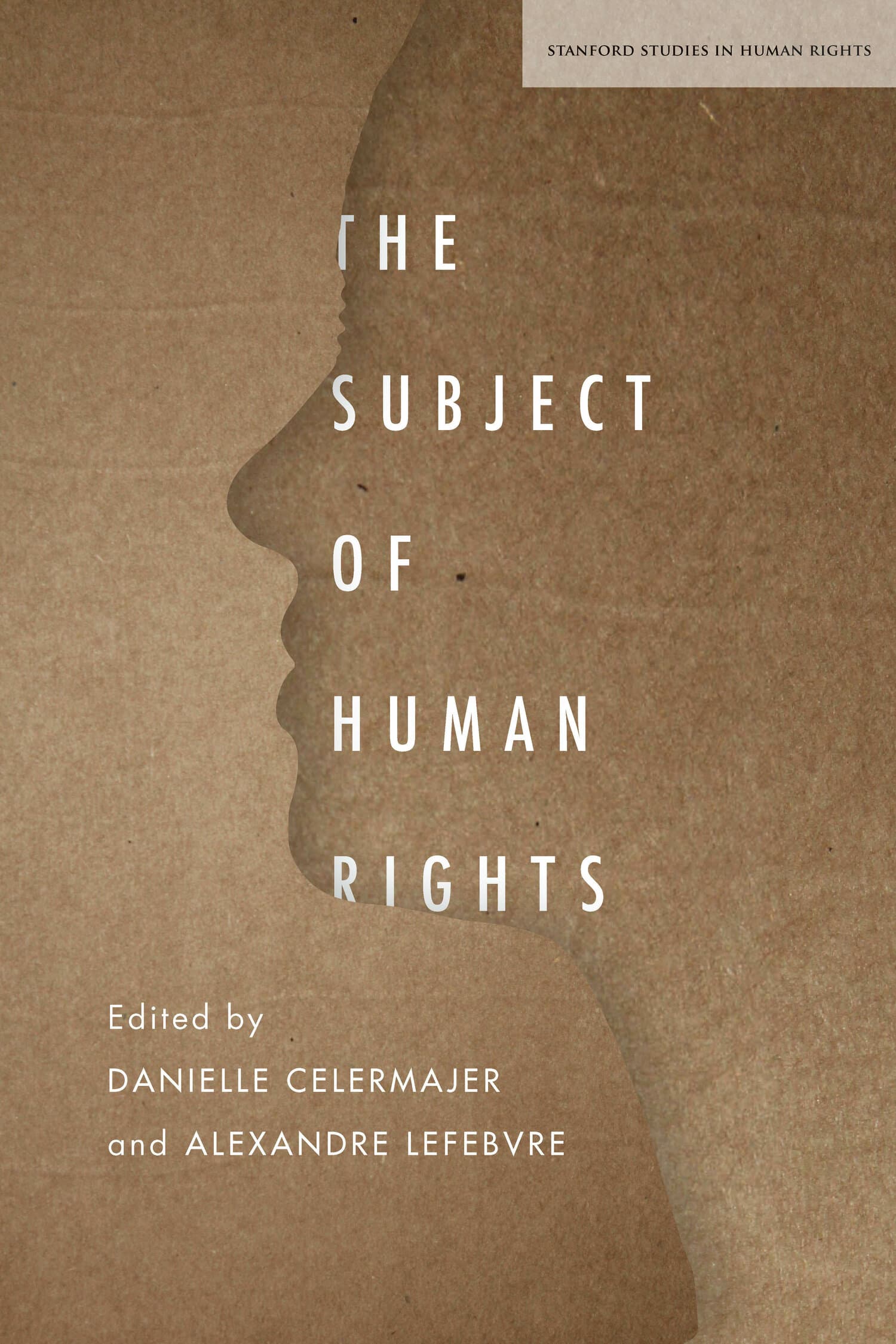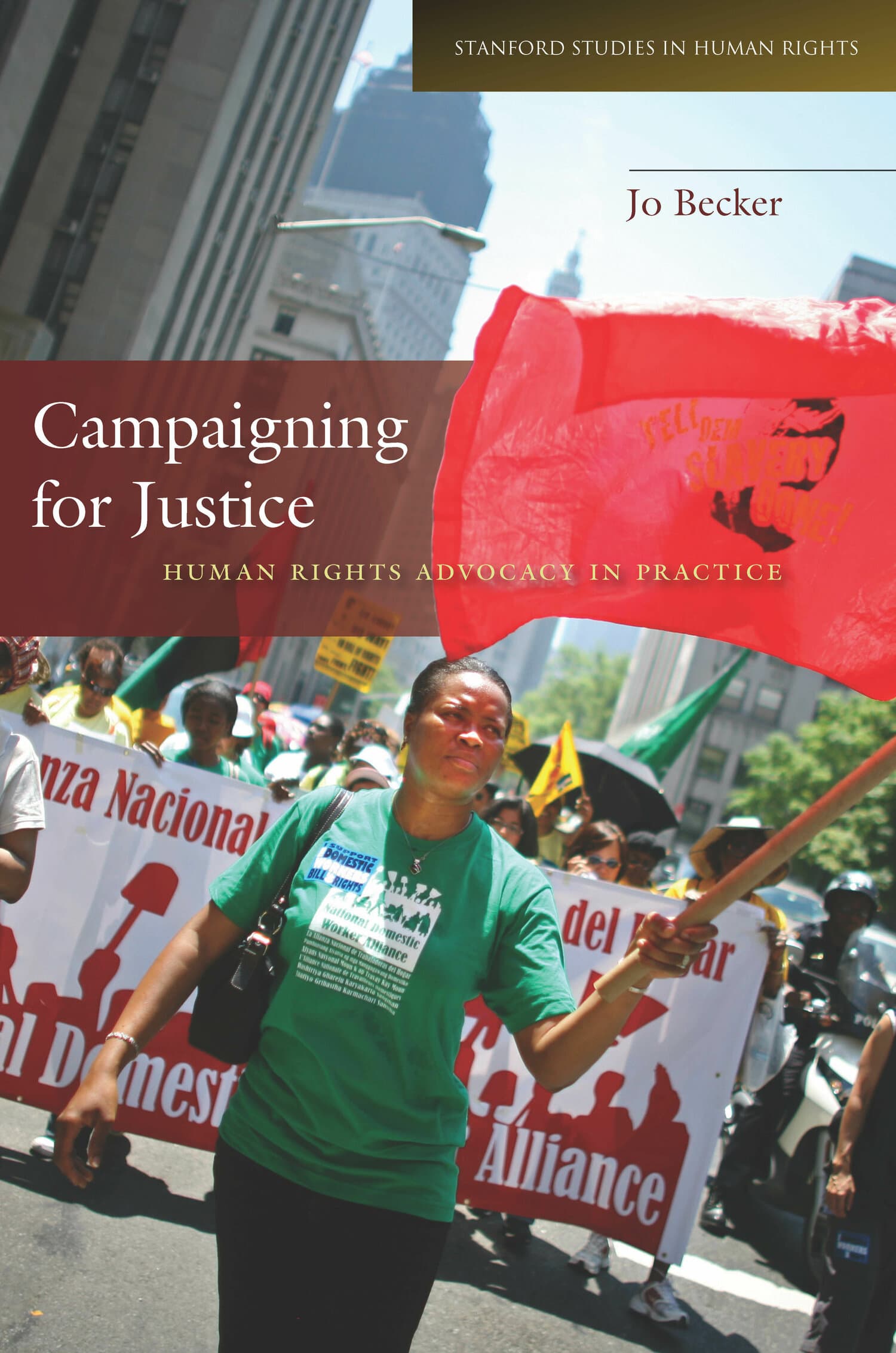The Subject of Human Rights

The Subject of Human Rights is the first book to systematically address the "human" part of "human rights." Drawing on the finest thinking in political theory, cultural studies, history, law, anthropology, and literary studies, this volume examines how human rights—as discourse, law, and practice—shape how we understand humanity and human beings. It asks how the humanness that the human rights idea seeks to protect and promote is experienced.
The essays in this volume consider how human rights norms and practices affect the way we relate to ourselves, to other people, and to the nonhuman world. They investigate what kinds of institutions and actors are subjected to human rights and are charged with respecting their demands and realizing their aspirations. And they explore how human rights shape and even create the very subjects they seek to protect. Through critical reflection on these issues, The Subject of Human Rights suggests ways in which we might reimagine the relationship between human rights and subjectivity with a view to benefiting human rights and subjects alike.
"This book challenges familiar paradigms for theorizing and contesting the universality of the subject of human rights. The authors extend our critical gaze to the subjectivities shaped by human rights values, to those who implement them, and to us all as addressees of the call to live our lives accordingly."—Dianne Otto, Melbourne Law School
"Celermajer and Lefebvre bring together an impressive interdisciplinary cast of cutting-edge thinkers to interrogate the subject of human rights. This thoughtful book offers refreshing perspectives on current human rights debates and points to numerous intriguing alternative futures for the human rights project."—William Paul Simmons, University of Arizona
"In The Subject of Human Rights, a diverse group of outstanding scholars reflect on the meaning of the "human" in human rights, shedding light on the current status and direction of the field. An essential contribution to the literature."—Ruti Teitel, New York Law School




